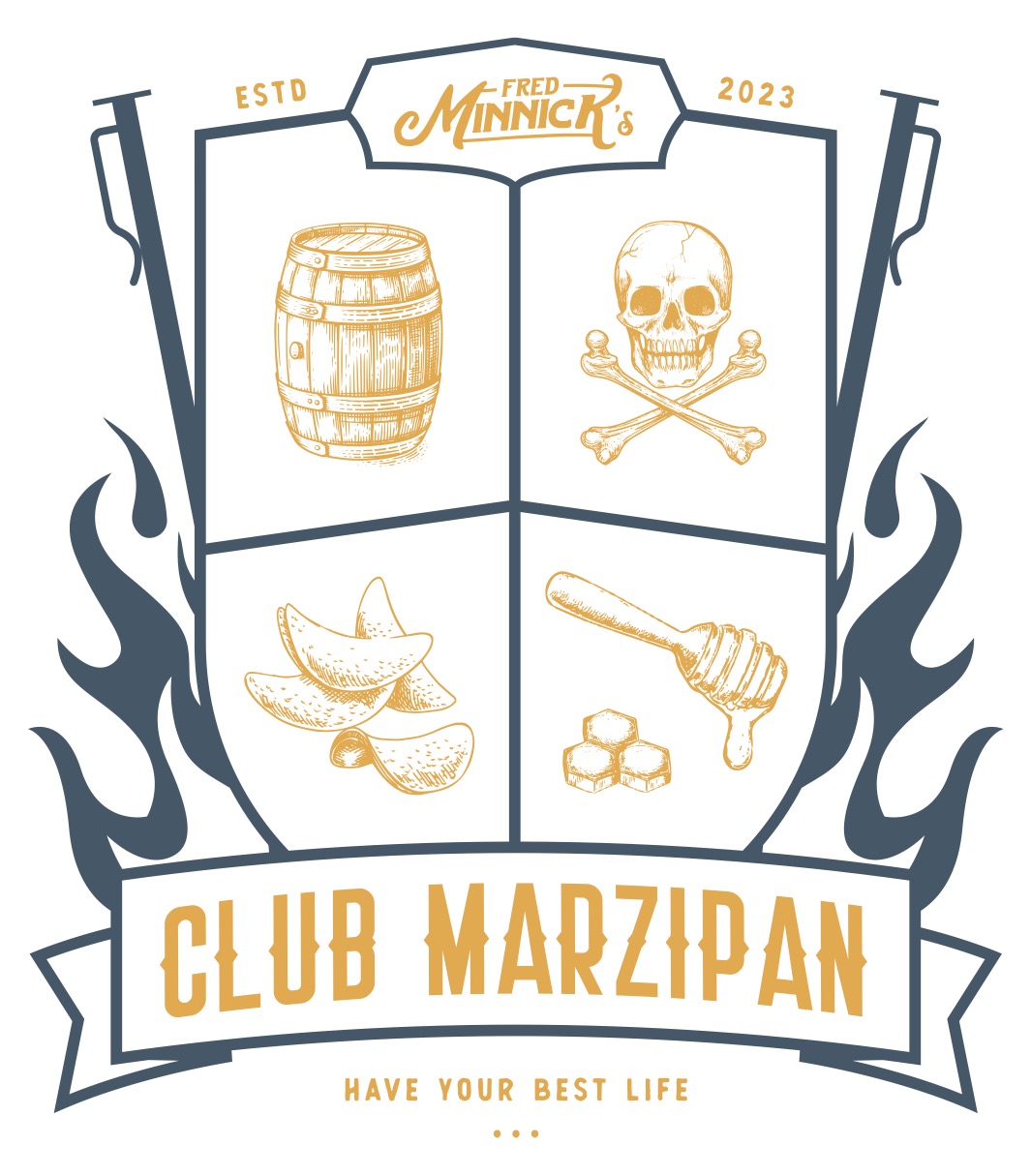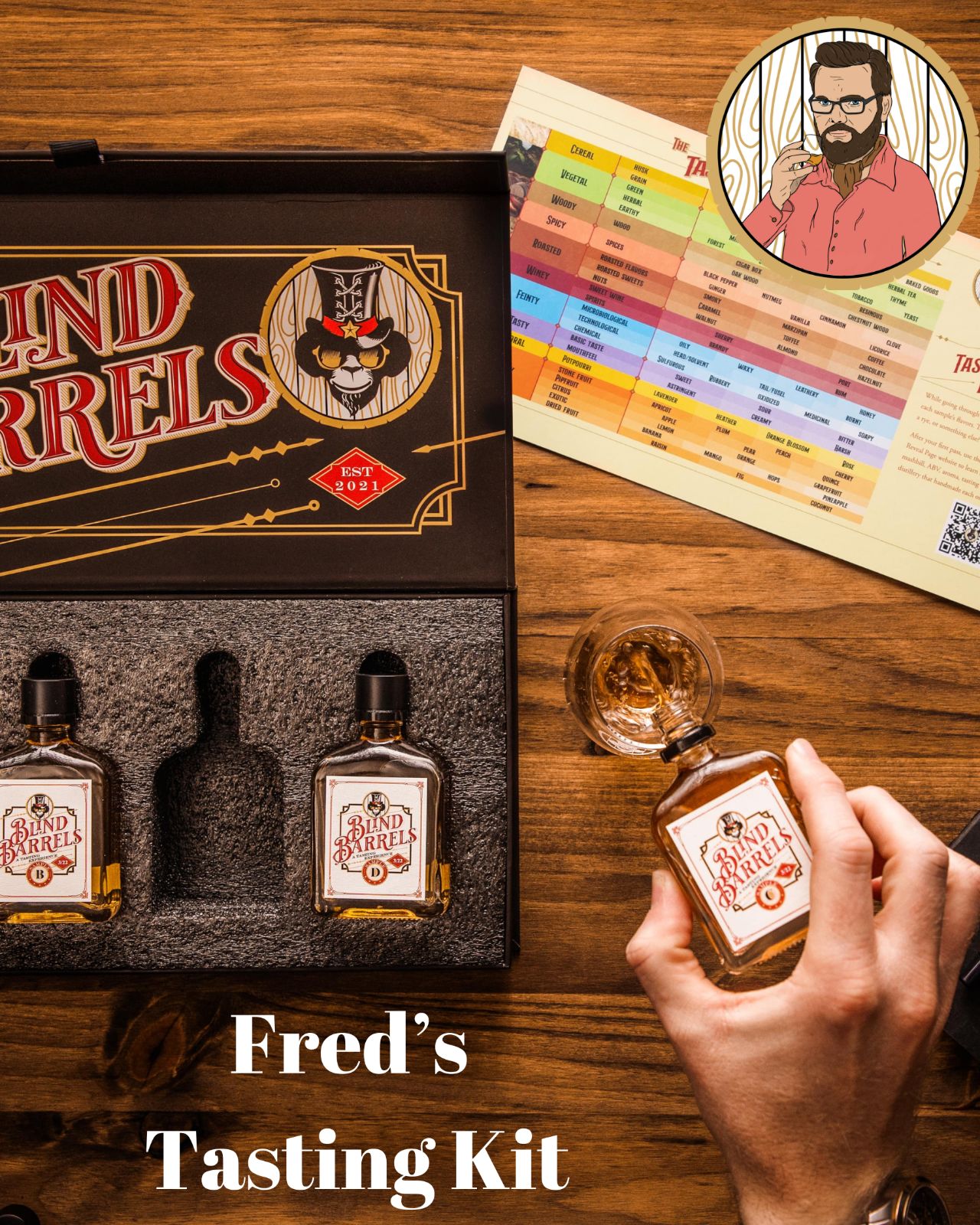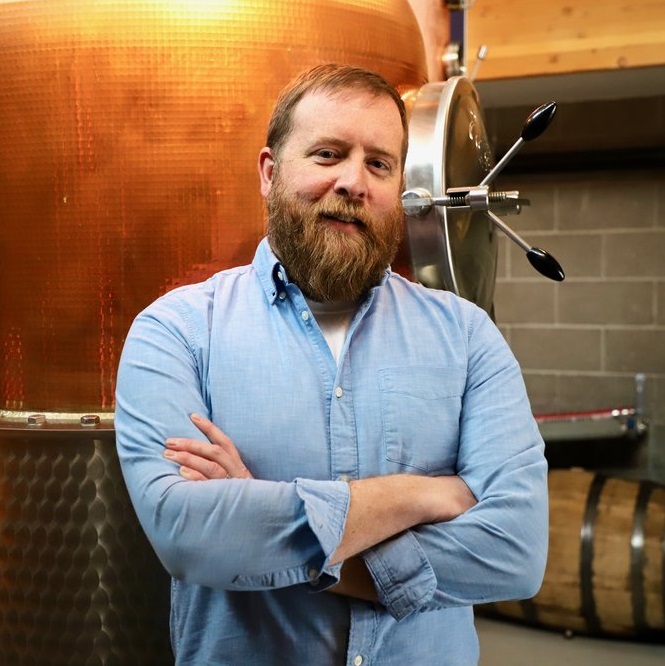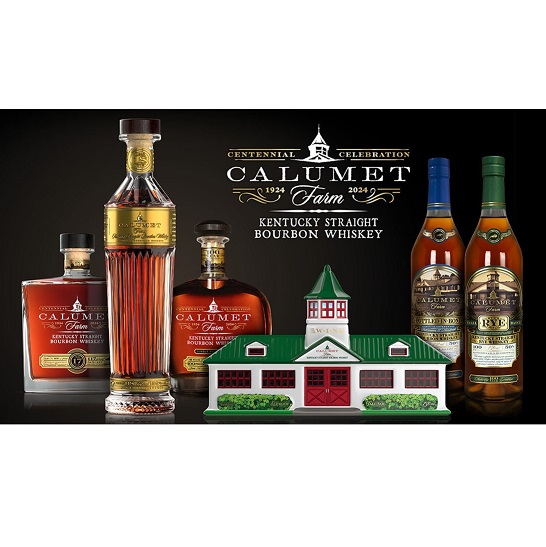Sourced Whiskey: Where are we now?
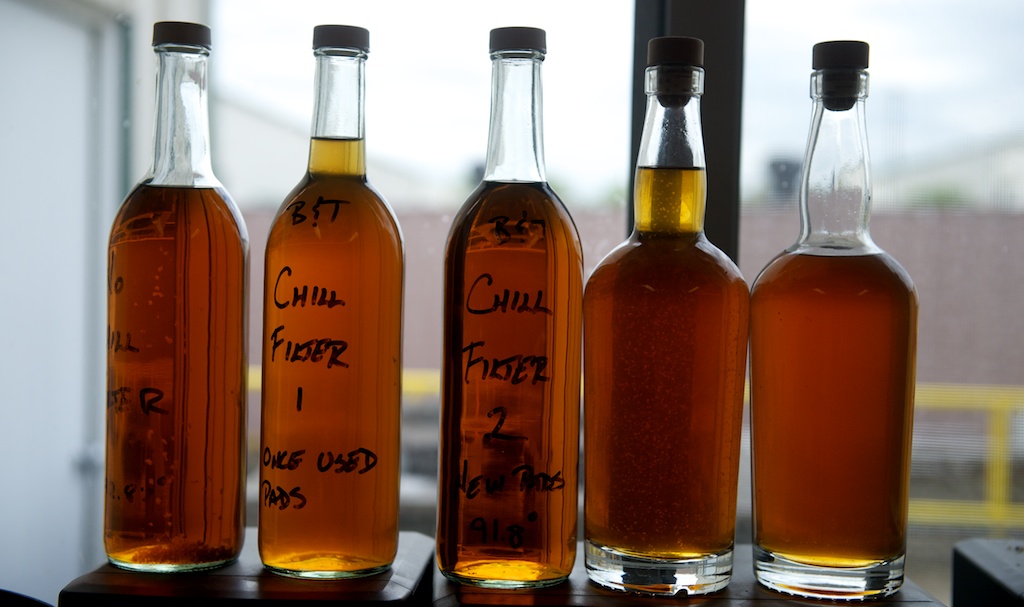
We’re in weird times. There’s a growing consumer acceptance of sourced whiskey and the Non-Distiller Producers who create them. The class-action lawsuits regarding state-of-distillation and misleading consumers are largely over. (Tito’s recently won its case.) Mike Veach and I have offered historical evidence about the sourced whiskey genre, while Chuck Cowdery dismantles contemporary versions one brand at a time.
If you’re new to whiskey, here’s the gist of the story: Distillers have a long tradition of selling barrels to bottlers creating brands. Historically, this was called private labeling, contract distilling or purchasing barrels on wholesale receipts. Brands can lease another distillery and dictate the corn, distillation proofs, etc., making the whiskey entirely theirs. In Bourbon Curious, I talked about Chapin & Gore doing this, Wild Turkey starting this way, and major distillers (such as Barton) earning significant revenue for selling still time and barrels to other people. They were known to spin the story back then, but nobody really cared.
Today, we argue about everything from bathrooms to toothpaste. If you don’t complain about something, I think you may actually lose your right to be an American. When these NDP brands started creating phony backstories about whiskey that was from Indiana or Kentucky, we whiskey people complained.
And distillery people said, “well, do you like the whiskey?”
We whiskey people continued to complain.
Lawsuits occurred.
And then distillery people said, “you know, people should disclose where the whiskey came from. It’s in the federal guidelines!”
We whiskey people reported violators to the federal authorities.
The distillery people said, “they should enter different award categories if they didn’t make their own juice.” (At some point, whiskey went from being a distilled product to being juice. Not sure when, but it happened.)
The now proud-and-transparent NDPs said, “we’ve never hid the fact we buy whiskey from Indiana. Don’t lump us with Templeton. We’re proud of what we do.” (I agreed with this sentiment in a Whisky Advocate post.)
And then the general consumers softened their position to the point they just want to know the state of origin. You know, like the law says.
The distillery people said, “we can no longer sell our aged whiskey stocks to NDPs.”
The NDPs said, “you can’t find aged whiskey anymore.”
And then the shouting consumer voices were quieted by NDPs winning major awards and people falling in love with MGP Ingredients, which owns the Lawrenceburg, Indiana, distillery creating large quantities of whiskey for bottlers.
Now, the NDPs are creating new phrases, such as “found whiskey” and discussing barrel finishes to separate themselves in the marketplace.
I get it, NDP. You want to market your product. You own the whiskey, because you paid for it. You can’t always disclose your sources, because you signed non-disclosure agreements that will get you filleted in court. But can we all just agree to stop the bullshit?
If you found an historic person to make the figurehead of your brand, I can live with that and encourage the use of whiskey history. Do you know how many great bourbon names have been lost? I’d love for NDPs to bring them back, but please don’t say things you cannot prove.
And one last thing: if your whiskey stinks, no marketing in the world can save your brand.
Sign up for my free newsletter, where I publish newsletter-only material, such as my bourbon of the week, “Whiskey in the Weird,” rum stuff, and my upcoming events.




